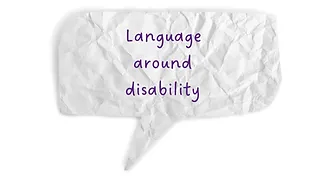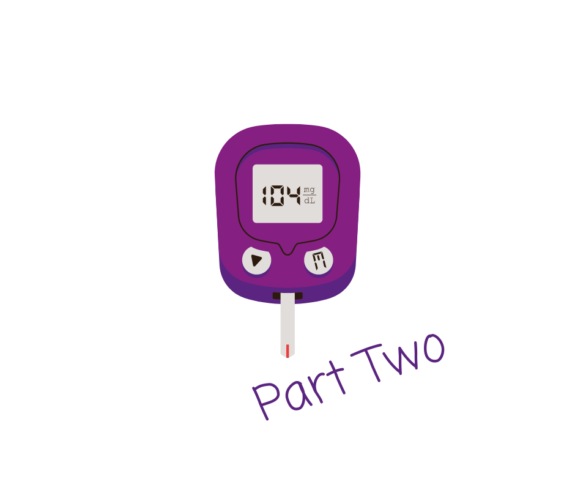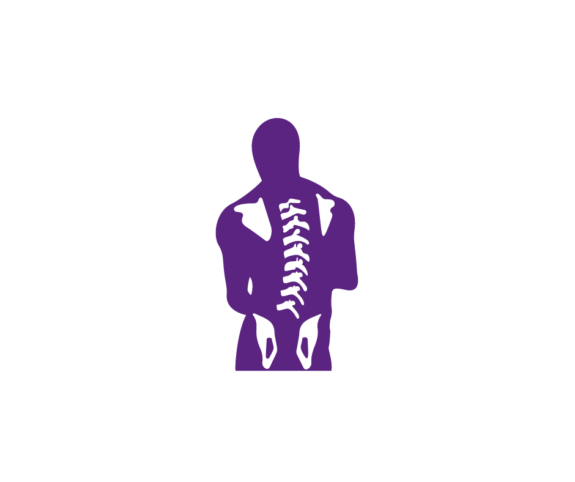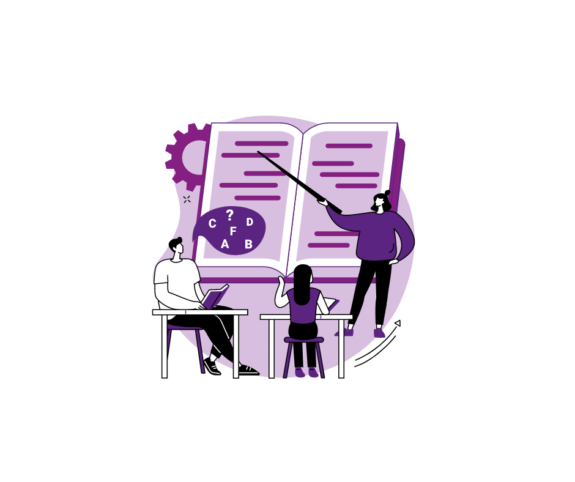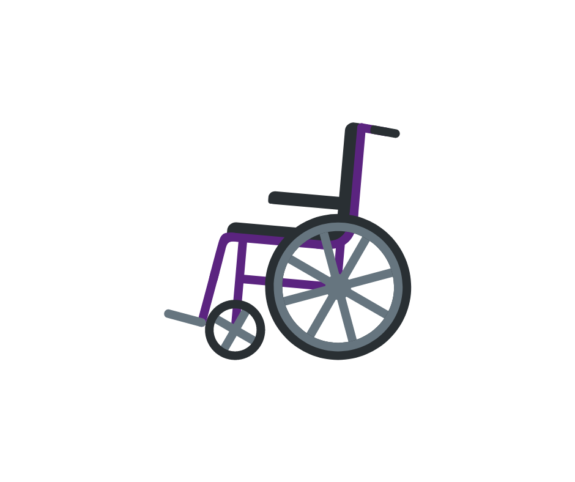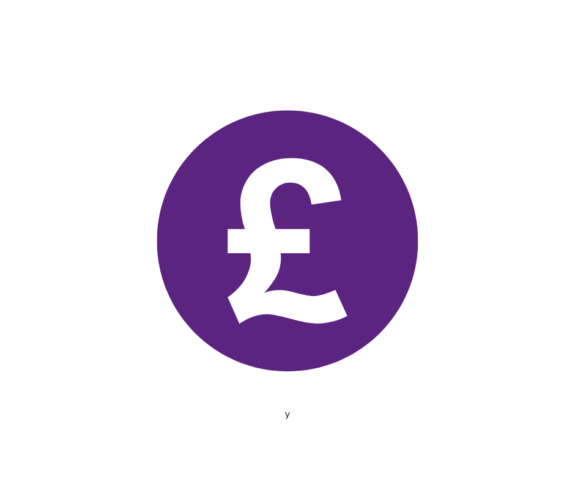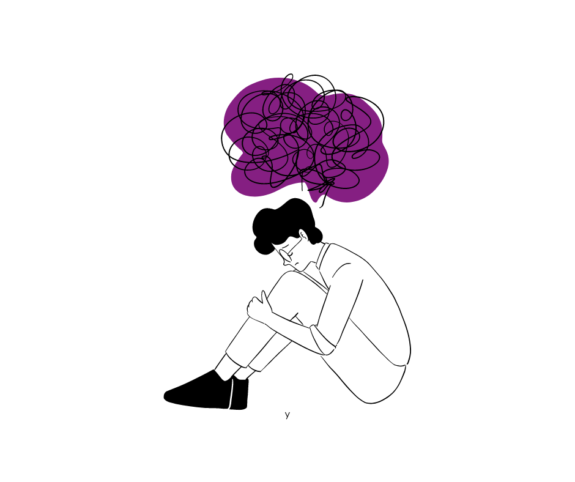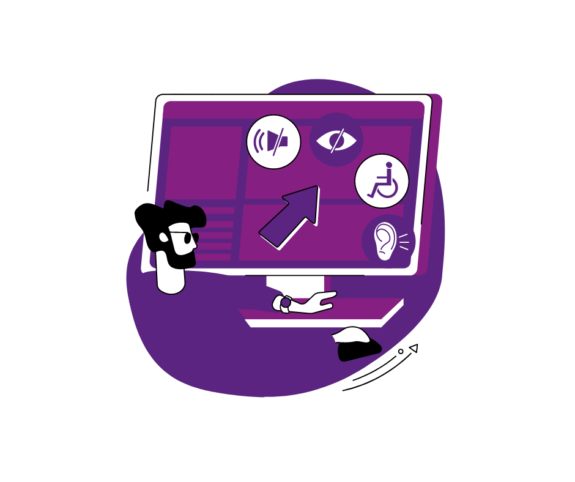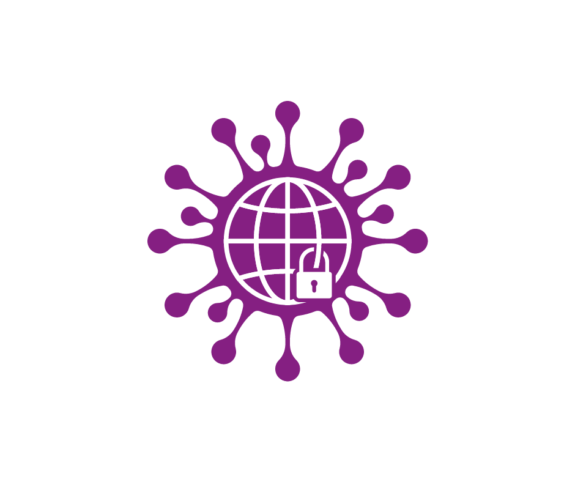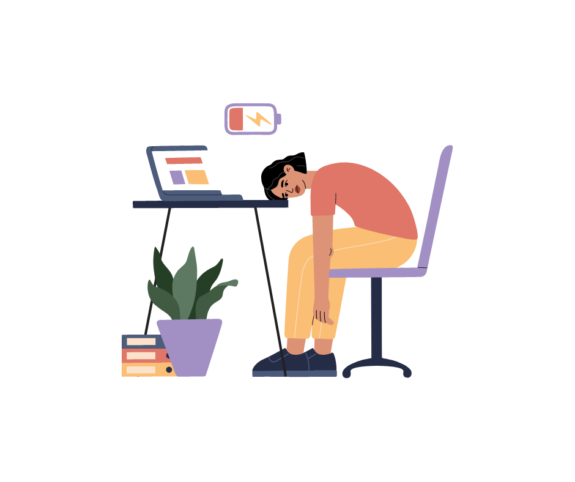Isn’t that what we’re always told as children, when being picked on or bullied by others? That words are meaningless and will bounce off us leaving no lasting mark if we can just ignore them? If only that were true. The reality, is that words can leave a much longer-lasting impression on us and it’s one that we unfortunately, can’t always see.
Language, and the connotations of words, is an ever-changing situation with words deemed acceptable twenty or even ten years ago, now being seen as derogatory, rude and to many, offensive. This is particularly true when it comes to words around disability and health conditions, both physical and mental.
We live in a world where those with disabilities or health conditions are generally expected to conform to the environment around them, all while facing discrimination because of it, in every aspect of their lives. Some refer to this as ‘ableism’ or ‘disablism’, which at times is obvious; for example, wheelchair users being unable to access buildings without a ramp or a deaf person unable to enjoy the cinema because of a lack of subtitles.
However, what most of us don’t realise is that our language can be ableist and in a much more subtle way. More often than not, it’s also completely unintentional, so ingrained in our speech that we simply don’t even know we’re doing it. When challenged, people often respond defensively with phrases like, ‘You’re so sensitive’, ‘It’s impossible to keep up with what’s ok and what’s not these days’ or one of the worst phrases, ‘It was just a joke’.
The general view of the world is that being disabled in some way is a bad thing and so, the words we use to describe it are also inherently negative. We often describe people as being ‘wheelchair bound’ or ‘confined’ to a wheelchair, when actually, being able to use a wheelchair has given that person their independence. They’re not ‘confined’ to anything. They’re free. Describing someone as being ‘crippled’ by fear or guilt implies that they’re limited or stuck, but many people with physical disabilities simply don’t see themselves that way. They just find different ways of doing things.
These phrases haven’t quite become set in our everyday language so there is time to change the attitudes towards them, but there are so many others we use casually that once upon a time were thought of as derogatory slurs; ‘crazy’ or ‘lunatic’ to describe those with mental illness. ‘Idiot’, ‘moron’ or ‘stupid’ referring to people with learning disabilities or conditions like Down’s Syndrome, all words that we would deem inoffensive that are actually feeding into the narrative that is ableism.
Is it possible for us to stop using these words? Possibly not. Many of them are branded into our vernacular and thrown out carelessly when the moment takes us. It can be hard to break the habits of a lifetime, particularly when the words we use are thought of as harmless. But what we can do, is realise that using these words may be extremely harmful because people have different experiences and will react in different ways.
A lot comes down to perspective. For example, there are many disagreements over terms like ‘Person with a Disability’ and ‘Disabled Person’. The first argues that the person is more important than the disability. The second, that the disability shapes the person’s identity. Both are right. It depends on the person and their preference and really that’s what is most important. Not dismissing the feelings and opinions of the people these words refer to. Listening to what they have to say and respecting that.
It will take time, as a society, to alter our language. But the more we do it the easier it will be and the less excuses we’ll be able to make. Ignorance can be forgiven the first time. After that, it’s not ignorance anymore; it’s just offensive and there’s never an excuse for that.
Take a look at our resources to find out more about ableism and how we can shape our language to be more inclusive:
https://www.bbc.co.uk/news/blogs-ouch-27840472
https://www.autistichoya.com/p/ableist-words-and-terms-to-avoid.html
https://www.glasgowstudent.net/blog/language-disability-guide/
https://www.bbc.com/worklife/article/20210330-the-harmful-ableist-language-you-unknowingly-use
https://www.heroica.co/identity/why-language-is-important-when-talking-about-disabilities
https://themighty.com/2019/03/language-perceptions-disability/
https://www.theguardian.com/commentisfree/2014/mar/23/language-used-around-people-disabilities
https://celebratingdisability.co.uk/disability-language/
https://joyfulbraveawesome.com/2021/05/19/language-around-disability/
https://wearepurple.org.uk/disability-language-and-etiquette-an-overview/
https://shadesofnoir.org.uk/disability-progression-of-language-in-disability-studies/
